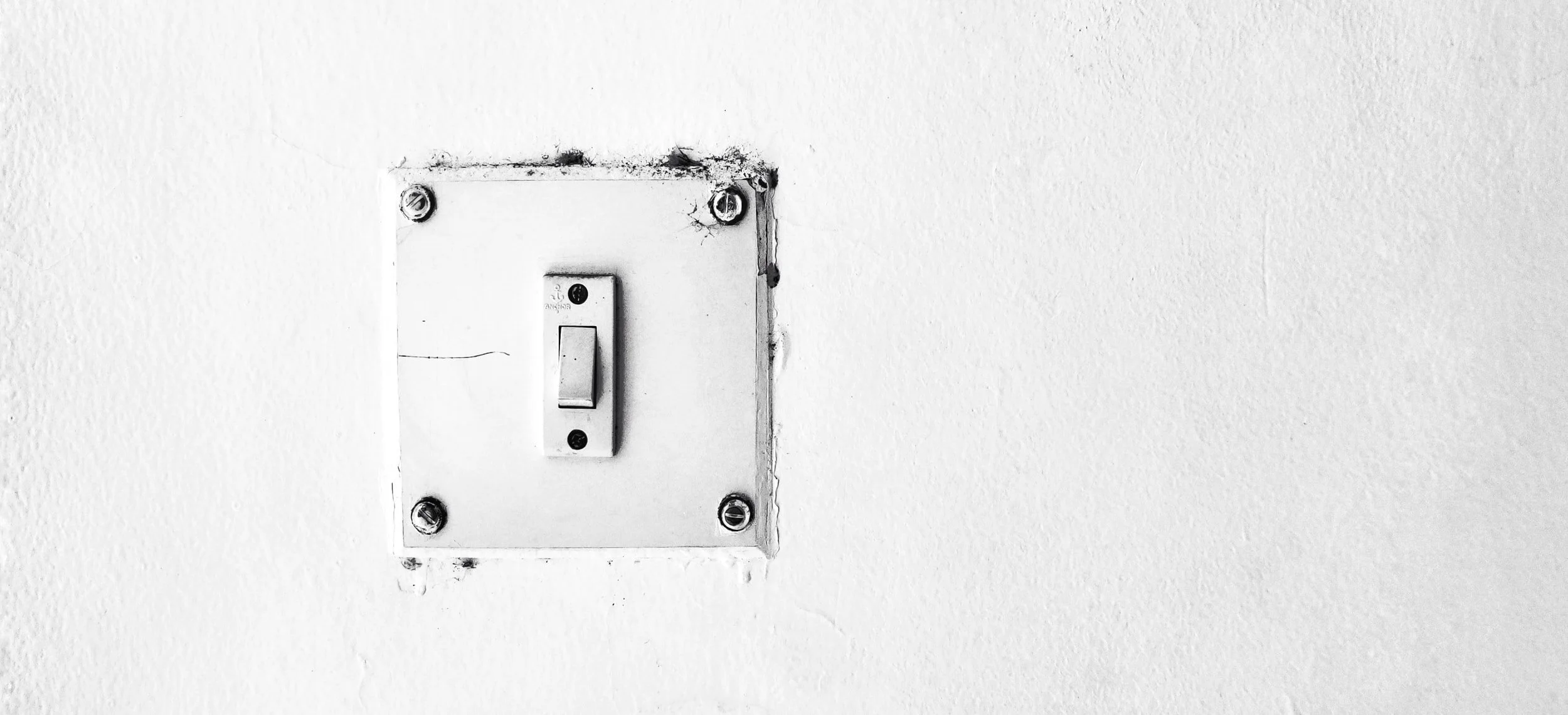How To Know When To Switch Off
In this era of competitive busyness, many of us try to fit just 'one more thing' into our full schedules, even if it means tipping us over the edge.
But we all have moments when we feel completely overwhelmed and one of two things happen -- either that voice inside your head tells you 'enough is enough' or you physically can't bring yourself to drag yourself to the gym or work or whatever happens to be the next item on your to-do list. COVID is absolutely no excuse for this, think about it, we spend all day working from home and then have to attempt to find respite…at home. It’s not healthy, and it’s no surprise that more and more of us are finding it difficult to switch off from everything for a little while. The lure of working late is too strong when you don’t have a hectic commute ahead of you.
Next time you ask someone how they are doing, listen to what they say. It will typically be one of the following; 'fine,' 'busy,' 'life is crazy right now' or the answer is delivered as an exhaustive breath, a drop of the shoulders an exaggerated roll of the eyes.
If someone replies, 'I feel fantastic and life is going great guns' we assume they are being sarcastic and most likely they are! These responses are not typical of one sector of the population, parents, executives and even our kids are feeling the effects of living life in the fast lane and it needs to stop.
When we feel pulled in every direction, stepping off the treadmill to focus on our health and well-being can seem like an impossible dream, an indulgence even. To achieve more we do not have to keep pushing ourselves to do more; in fact we are capable of achieving more through doing less."
Author and blogger Caroline Webster told HuffPost Australia literally switching off - giving yourself time away from technology - can be enough to recharge yourself.
"Leave your phone behind and go for a short walk. Notice the things around you; a beautiful flower, bird song, a child laughing, a train tooting in the distance, a sunrise or sunset, focusing on the real world around you rather than getting sucked into the vortex of social media updates, the sad or horrid stories that are shared there, can be calming and has been proven time and time again to reduce the incidence of stress and anxiety," Webster said.
"There are many studies that show time spent in nature also helps with recharging the brain, making it more capable of focusing and recharging concentration when needed.Spending time outdoors can foster feelings of reward and wonder. When this occurs our brain releases the happy endorphins such as oxytocin, dopamine and serotonin."
Switching off can mean simple things such as taking your four-legged friend for a walk and being mindful of your surroundings.
Webster's latest book is filled with helpful tips on finding wonder in the everyday and she said she always manages to incorporate her 'switching off' ideas into her day-to-day life.
"I walk for an hour every morning with my dogs. I try and do this as my city is waking up. It's a beautiful time to be out and about observing. I do admit to taking my iphone so I can record the beautiful things I see around me. #morningwalk!" Webster said.
You can switch off by literally switching off from technology and taking yourself into a place where you can enjoy Mother Nature.
"I also insist that we share our evening meal together each evening. It's a great way of keeping my family tight, engaged and connected to each other. I also do the crossword each day with a cup of tea in hand. It calms my mind and helps me keep focused for the rest of the day."
Angela Lockwood's Tips:
Just breathe. The simplest and most important action you can take to flick the switch is to just breathe. I know! It is so easy. Behaviourally, when we are feeling under pressure we hold our breath, clench our jaw, round our shoulders, breathe high from our chest and deprive ourselves of oxygen.
Give yourself a break. When we feel overwhelmed we will do one of two things; we will keep pushing through hoping that it will all go away or we will look for solutions that usually add to our schedule further escalating our overwhelm. After taking a breath rather than racing on, take a moment to just stop. Shut the door for 10 minutes, turn your phone on silent, let the kids eat cereal for dinner even miss the pump class for one day. Life will continue to pressure you if you let it. Turn the pressure off, give yourself a break and your body will thank you for it.
Slow down more often. Breath done, break done. Now it is time to do both more often. When we can focus on our breathing and take breaks when we need to, we shift from these happening as a reactive measure into them being a part of our day, helping us to cope with and manage the effects of living a full and fast life.

